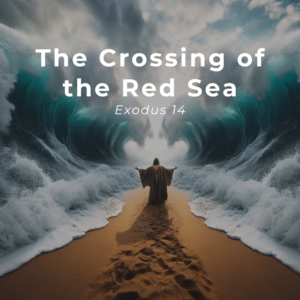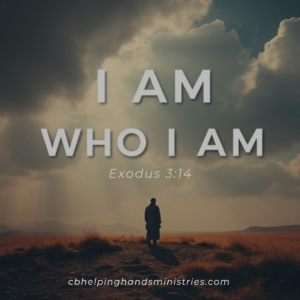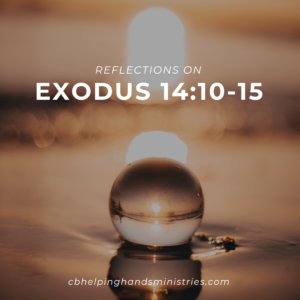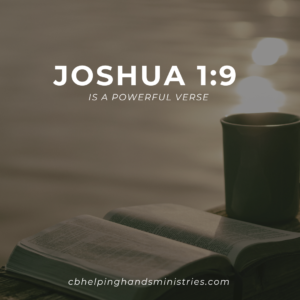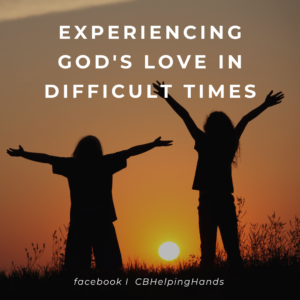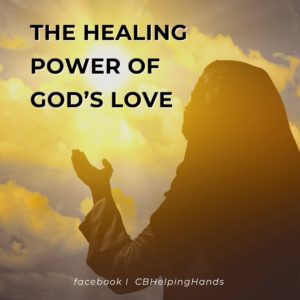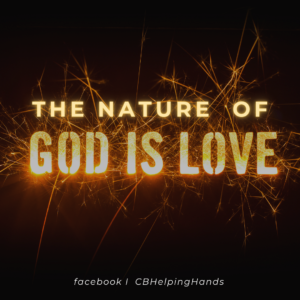The Birth of Deliverance
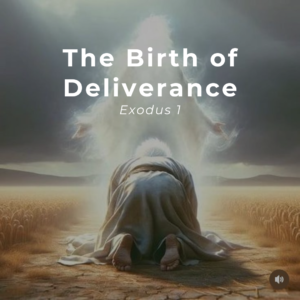
The Book of Exodus opens with a scene that is both sobering and profound. The Israelites, once welcomed in Egypt, find themselves in a dire situation, oppressed by a Pharaoh who fears their growing numbers. Yet, within these dark circumstances lies a remarkable narrative of resilience and hope—the foundation for the deliverance that follows.
In Exodus 1:1-14, we encounter the Israelites in a land that has turned hostile. Initially revered as honored guests due to Joseph’s legacy, they are now viewed as a threat. The Pharaoh’s oppressive policies reflect a common historical pattern where fear leads to the dehumanization and subjugation of an entire group. The Israelites are subjected to hard labor, working as slaves to build cities and infrastructure for a ruler who seeks to keep them in check.
This situation serves as a poignant reminder of the realities faced by many today—whether through systemic injustice, social oppression, or personal struggles. However, it also highlights a critical theme: even in the bleakest circumstances, there is a flicker of hope.
Despite the overwhelming odds, the Israelites display remarkable resilience. Rather than succumbing to despair, they continue to multiply and grow. This paradox—where oppression breeds strength—underscores a vital aspect of the human spirit: the ability to endure and flourish amid suffering.
We see that resilience is not merely passive endurance but an active response to hardship. The midwives, Shiphrah and Puah, exemplify this by defying Pharaoh’s orders to kill newborn Hebrew boys. Their courage in the face of death not only saves lives but also instills a hope that echoes throughout the generations.
It is within this environment of oppression and resilience that the seeds of deliverance are sown. The growth of the Israelites—their numbers, their strength, their spirit—signals that change is coming. Although they are subjugated, they do not lose their identity or their faith in a promised future.
The cries of the oppressed do not go unheard. The narrative establishes that God’s attention is turned toward their plight. The Israelites might be laboring under the weight of oppression, but their suffering prepares the ground for the deliverer who will emerge—Moses, who will lead them to freedom and fulfillment of God’s promises.
The opening chapter of Exodus reminds us that hope often emerges in the most unlikely places. Just as the Israelites found strength in community, we too can draw upon the support of those around us in challenging times. In moments of oppression, whether personal or societal, there exists the potential for change. The past does not dictate the future; rather, it shapes the resolve to seek better futures.
Even today, we find ourselves facing various forms of oppression, whether through societal injustices or personal battles. There remains a profound relevance in the story of Exodus, offering not only comfort but also strength to those who resist the discouragements of their circumstances.
As we reflect on Exodus 1, we are reminded of the resilience of the human spirit and the importance of hope. We learn that while oppression may be a reality for many, it doesn’t define our existence. Faith, courage, and community can weave together a tapestry of deliverance, signaling that light can break through even the darkest of times.
May we be inspired by the examples set forth in this passage, nurturing resilience within ourselves and others. As we respond to the oppressions we face today, let’s do so with the unwavering belief that deliverance is not only possible—it is coming.
As we continue our journey through Exodus, let’s embrace the lessons of resilience and hope, knowing that every step we take is a step toward our own promised land.
Apostle Shelia
SBI Ministries
C.B. Helping Hands Ministries
This website is a rich source of valuable insights, and we’re dedicated to maintaining free access for all. If our content has positively influenced your life, please consider making a donation to help us continue providing knowledge at no cost.
